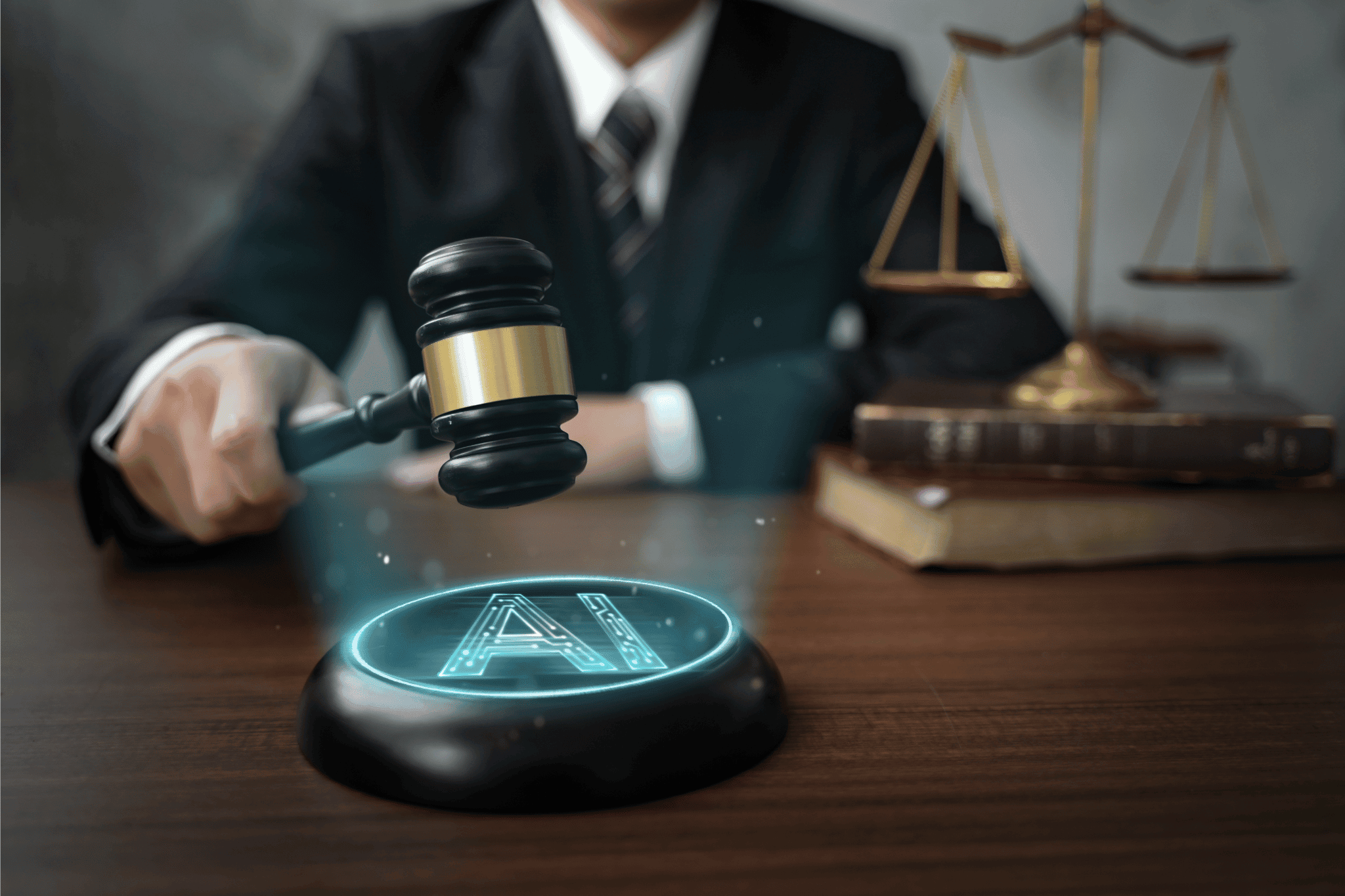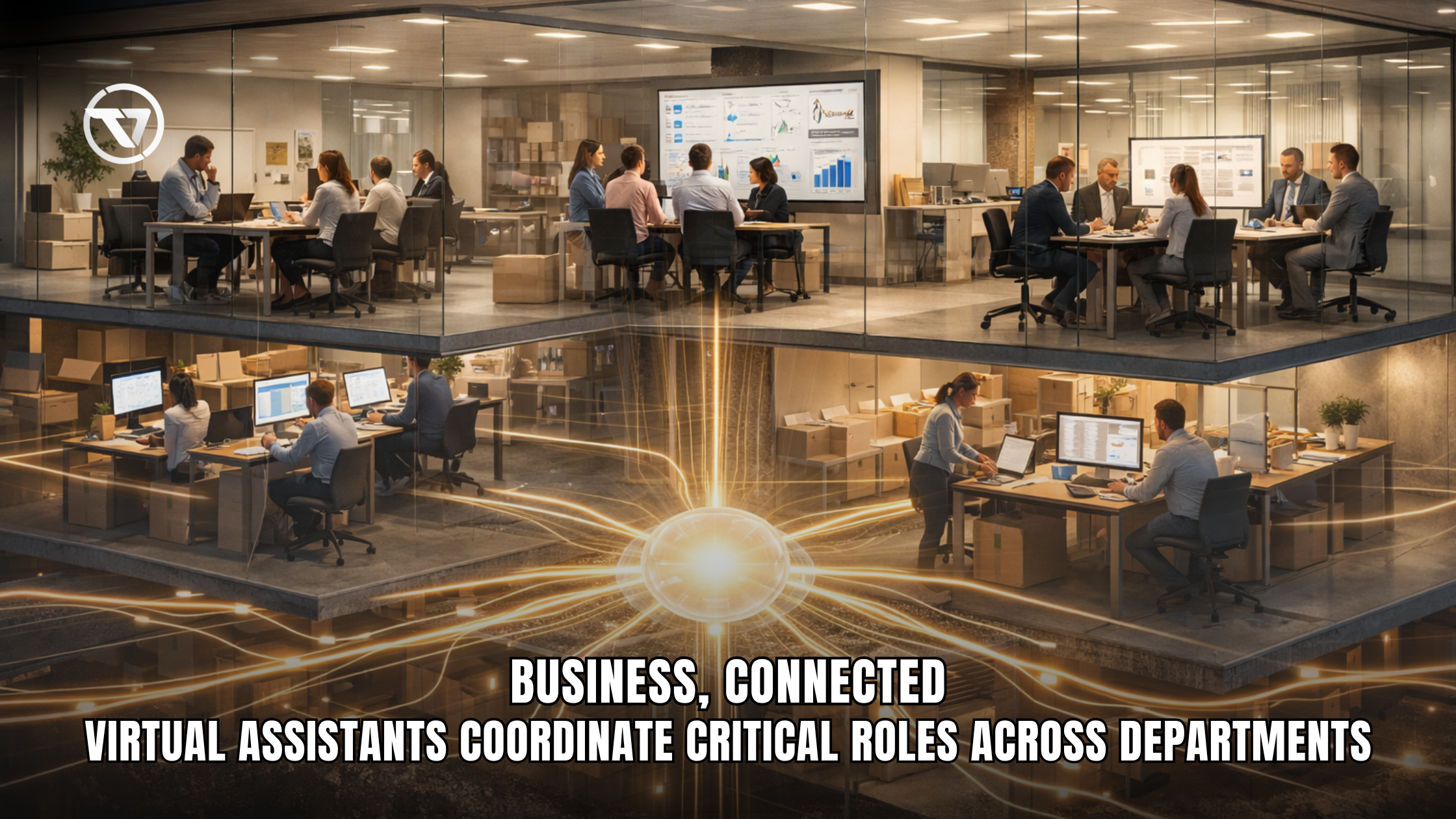How Accurate Is AI Legal?

AI’s Role in Legal Research
AI is transforming legal research by automating and speeding up the process of finding relevant case law, statutes, and legal precedents. Traditionally, legal research involves sifting through massive amounts of information, but AI can rapidly analyze legal databases, using natural language processing (NLP) to understand legal language, identify key concepts, and suggest relevant legal sources.
AI tools like Ravel Law, Casetext, and ROSS Intelligence (which leverages IBM’s Watson) provide lawyers with sophisticated search capabilities. They not only help with keyword searches but also contextual understanding, meaning lawyers can get more accurate results with less manual input. AI also offers predictive analytics, helping to predict the outcome of legal cases based on historical data.
How Lawyers Use AI Technology in Their Work

#1. Legal Research:
AI tools help lawyers find relevant legal precedents and case law faster and more accurately.
#2. Contract Review and Management:
AI can automate the process of reviewing and analyzing contracts by detecting potential issues, suggesting amendments, and ensuring compliance with legal standards. Tools like Kira Systems or LawGeex are often used for contract analysis.
#3. E-Discovery:
AI assists in the discovery process by filtering through large sets of documents and emails, identifying relevant information while eliminating irrelevant data. AI-driven platforms can flag key phrases and categorize documents more efficiently.
#4. Legal Analytics:
AI is used to analyze trends in court decisions and outcomes, helping lawyers predict how a judge might rule or how a case may be resolved.
#5. Automation of Routine Tasks:
Lawyers can automate mundane tasks such as generating basic legal documents, scheduling, and billing. AI-powered chatbots, for instance, can answer client queries or assist in initial case assessments.
Is AI Accurate Enough for Legal Documents?

With Task Virtual’s support, you can refine the AI’s performance, ensuring that it produces reliable, compliant, and consistent legal documents, suitable for professional use. Their expert legal virtual assistant would help in leveraging AI tools and perform the necessary thing to accomplish goals,
AI is accurate when handling structured tasks like contract analysis, legal research, or predicting case outcomes based on historical data. AI can detect patterns and issues in legal documents quickly, often more precisely than manual methods, especially for routine or repetitive tasks.
However, AI’s accuracy is highly dependent on the quality of data it has been trained on. For tasks requiring nuance or interpretation, such as drafting original legal arguments or handling highly complex legal scenarios, AI may not yet fully replace human expertise. Human oversight is still crucial to ensure that the AI’s outputs are legally sound, especially in complex legal drafting.
Overall, while AI can significantly improve efficiency and accuracy, particularly for routine legal work, it still requires human collaboration for high-level judgment and decision-making.
What Are the Limitations of AI in the Legal Field?
Despite the increasing adoption of AI tools in the legal field, limitations persist that challenge their effectiveness. For instance, generative AI, while promising, often suffers from issues like hallucination, where the AI system produces AI-generated content that may not be factually accurate. This poses significant risks for legal professionals who rely on these tools for legal work, such as drafting legal briefs or conducting legal research. The use of AI in law firms may streamline certain processes, but lawyers must remain vigilant, as the output from AI-powered legal systems might not always be reliable enough to support legal services effectively.
Moreover, AI in law often requires extensive training data to function optimally, which can lead to biases and gaps in case law understanding. Legal practitioners may find AI models insufficient for nuanced legal queries, as the legal landscape is dynamic and complex. Tools like Thomson Reuters and ChatGPT are advancing AI for legal tasks, yet generative artificial intelligence may not fully replace the expertise and critical thinking that legal professionals bring to their legal practice. Familiarity with AI is essential, but the reliance on AI-powered resources should be balanced with traditional legal knowledge to ensure comprehensive and accurate legal representation.
What is the Future of AI in the Legal Industry Through TaskVirtual?

TaskVirtual can help law firms embrace the future of AI by streamlining routine tasks like legal research, document review, and contract management. It can assist with data entry, organizing case files, and integrating AI tools to enhance efficiency. TaskVirtual also supports client interactions through chatbots, scheduling, and managing timelines for legal proceedings. By taking care of these operational details, it allows legal professionals to focus on strategy and high-value work, ensuring smoother adoption of AI in the industry.
The use of AI in the legal field has transformed how legal professionals approach legal work, but significant limitations remain. While AI tools like legal research tools and AI-powered legal platforms aim to streamline processes, they often struggle with accuracy. For instance, generative AI models, such as ChatGPT, can produce AI-generated content that includes hallucination—the generation of incorrect information that can mislead attorneys. As law firms increasingly adopt legal AI tools, they must contend with the reliability of AI output and the potential for data privacy issues. The training data used in these AI systems may not cover all relevant case law or legal citations, raising questions about the reliability of AI models in making legal queries.
Moreover, the legal landscape of 2024 indicates that while generative artificial intelligence can assist in drafting legal briefs and conducting legal research, the familiarity with AI among legal practitioners varies widely. AI for legal tasks requires a nuanced understanding of both the technology and the intricate nature of legal practice. Thomson Reuters and other entities are developing AI products that promise to enhance efficiency, but lawyers must remain vigilant about the limitations inherent in AI-powered tools. While these legal AI innovations can minimize repetitive tasks, they cannot replace the critical thinking and ethical considerations that experienced lawyers bring to the table.





